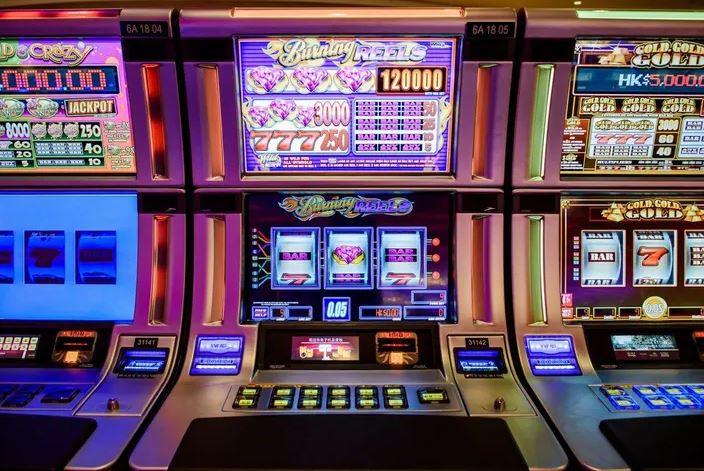As civilization progressed, gambling became a significant part of many cultures. The Romans were avid gamblers, particularly with dice. Archaeological evidence suggests that the Romans played games similar to modern-day craps. They also enjoyed betting on gladiatorial contests and chariot races, which were significant events in ancient Roman society. In fact, the betting culture in ancient Rome was so widespread that laws had to be passed to regulate it, and many public officials took part in the wagering.
In the Middle Ages, gambling was often associated with social gatherings and festivities. It was during this period that many popular card games such as poker and blackjack began to take shape, evolving from earlier card games played by the wealthy elites. Dice games also continued to be popular, particularly among the lower classes. However, gambling faced restrictions in several regions during this period, as religious and political authorities viewed it as a vice. Despite this, it remained a widespread activity, with evidence of its practice found across Europe and the Middle East.
The rise of casinos in the 17th and 18th centuries marked a major turning point in the history of gambling. The first true casino, known as the "Casino di Venezia," was established in Italy in 1638. This marked the beginning of a new era where gambling became institutionalized in a more formalized and regulated http://collegefootballpoll.com/news/how-to-analyze-football-matches-for-successful-bets/ environment. Over the next few centuries, casinos spread across Europe, particularly in places like Monaco, where the Monte Carlo Casino became famous for attracting high-profile gamblers from all over the world.
In the United States, gambling took on new forms, especially with the establishment of the first lottery in the early 18th century. However, the most significant development in American gambling history occurred with the rise of Las Vegas in the mid-20th century. The city's transformation into the gambling capital of the world was fueled by a combination of factors, including the legalization of gambling in Nevada in 1931. As the city grew, so did its reputation as the ultimate destination for both casual gamblers and high-rollers. The establishment of iconic resorts such as the Bellagio and Caesars Palace cemented Las Vegas' status as a global hub for gambling.
The modern era has seen gambling become increasingly accessible with the advent of online casinos and sports betting. Websites like collegefootballpoll.com have played a significant role in the integration of sports into the gambling world. These platforms allow fans to follow their favorite teams and place bets on college football games, among other sports, from the comfort of their homes. The rise of mobile betting has also contributed to the growth of the gambling industry, with millions of people now able to place bets on a variety of events in real-time.
In today's digital age, one of the key aspects of gambling, especially sports betting, is understanding betting odds movements. Betting odds reflect the probability of a certain outcome occurring and can fluctuate depending on various factors such as public opinion, team performance, and betting patterns. Skilled bettors closely monitor these changes, as they can provide valuable insights into the likely outcome of an event. By studying these movements, bettors can adjust their strategies to maximize potential profits and minimize losses.
The introduction of sportsbooks and online betting platforms has made it easier for gamblers to track odds changes across a wide range of events, whether it’s a football game, horse race, or even a political election. Betting odds movements can be a reflection of not just the betting community’s sentiment, but also factors like injuries, weather conditions, or news that might impact the outcome of a game. Those who understand how to interpret these movements can often get a better edge when placing their wagers.
The growth of online sports betting has also led to the proliferation of data-driven models and advanced analytics that further help bettors understand how odds move and why. As gambling continues to evolve, learning how to track and interpret betting odds is becoming an essential skill for anyone serious about betting.
In conclusion, gambling's history is vast and varied, having evolved from ancient games of chance to a multibillion-dollar industry that spans across the globe. With advancements in technology and the growth of online gambling, sports betting, and platforms like collegefootballpoll.com, the future of gambling looks set to continue its rapid expansion. Understanding key concepts like betting odds movements will remain central to the success of modern bettors in this exciting, dynamic landscape.



